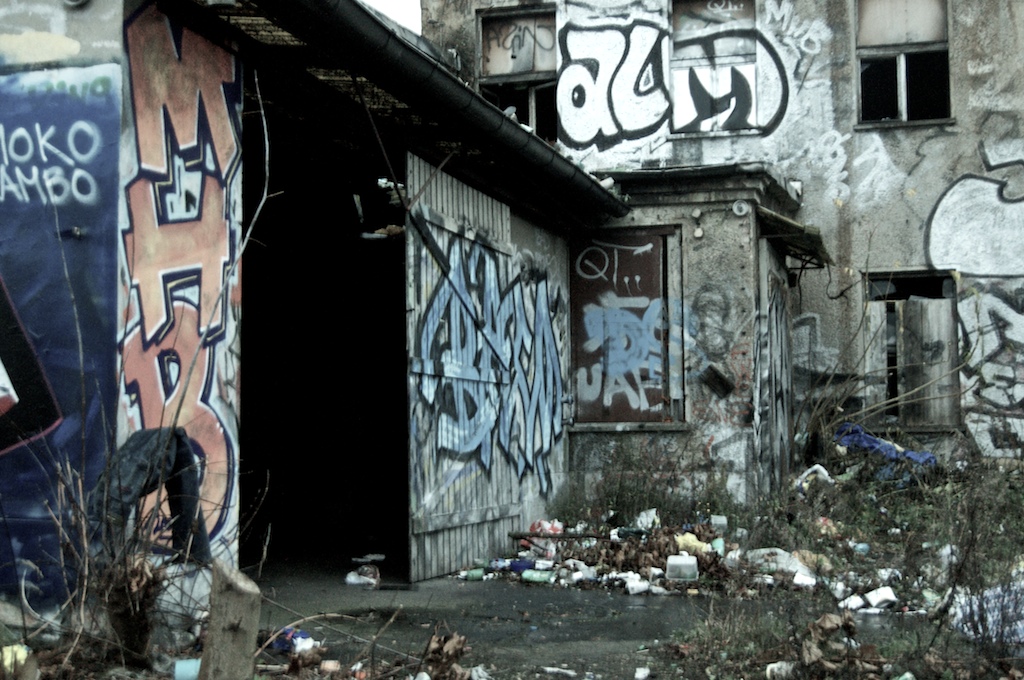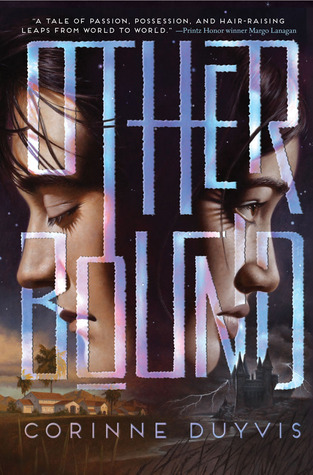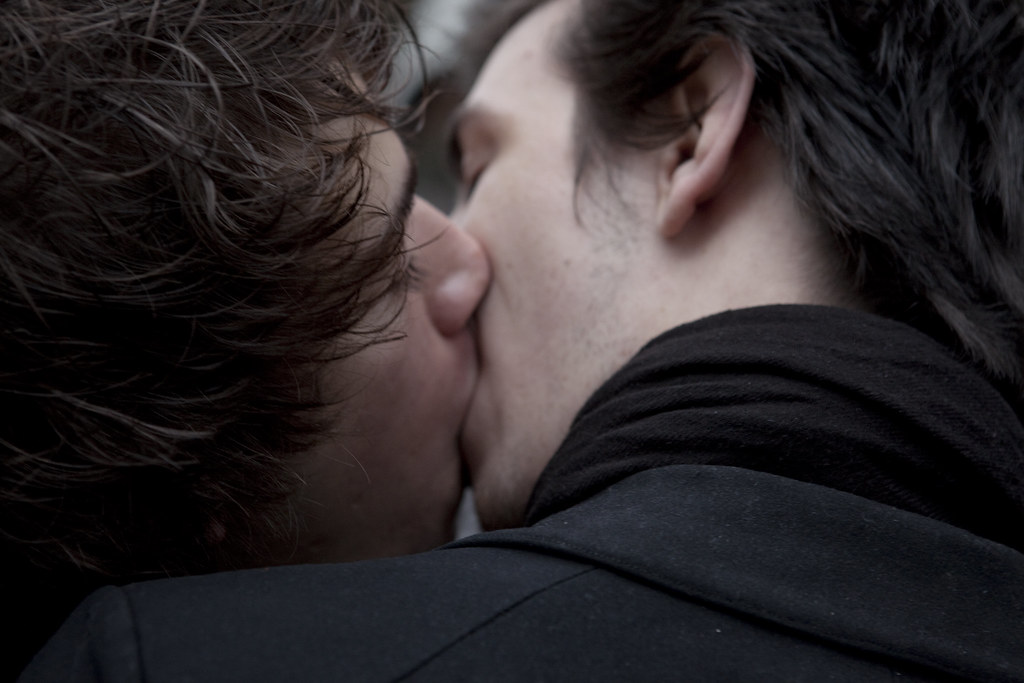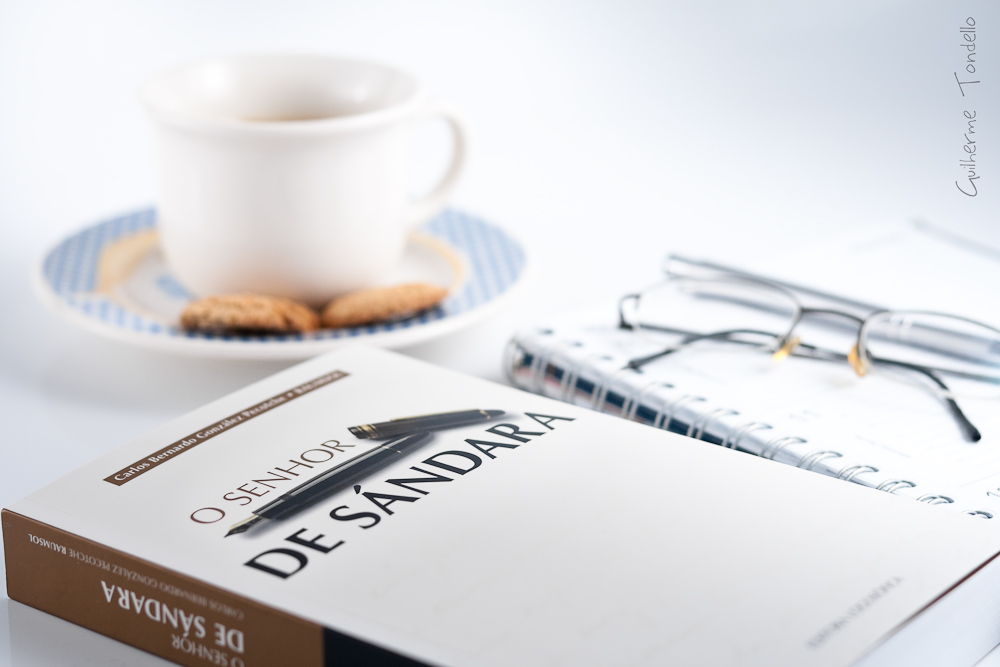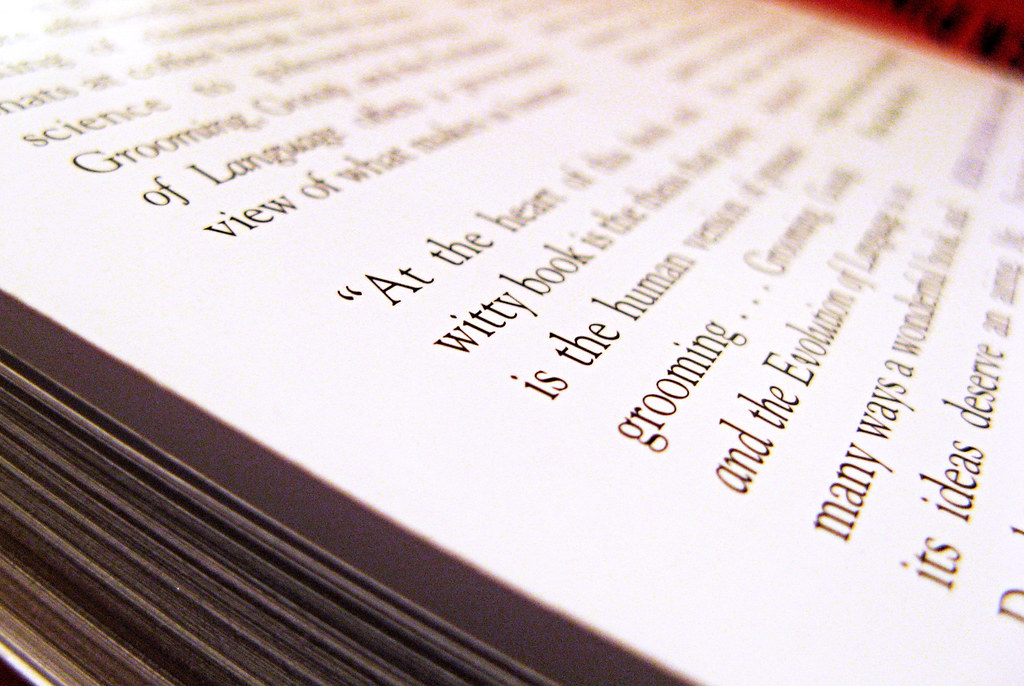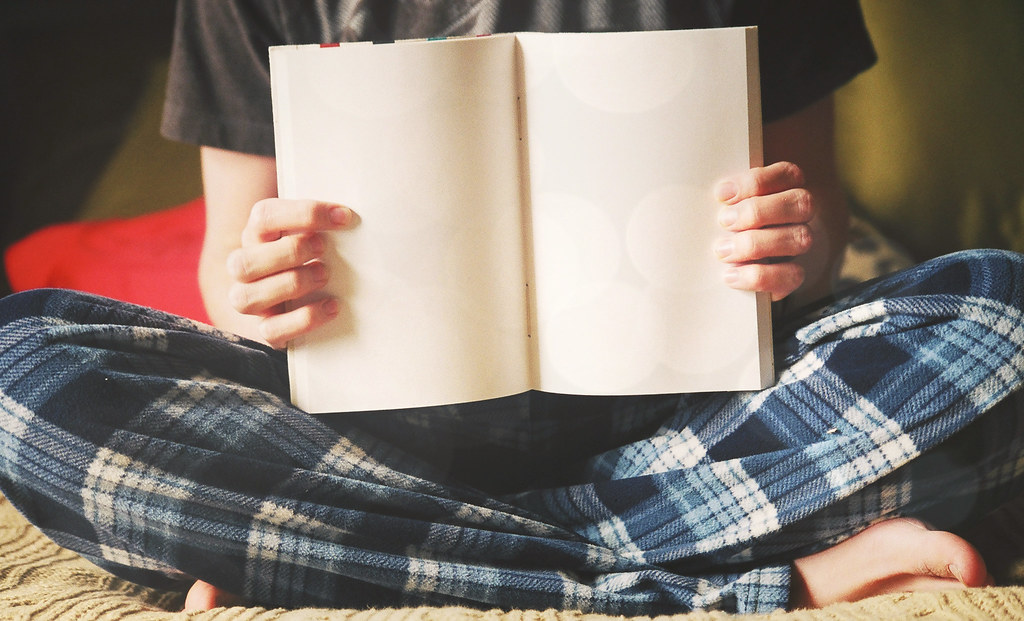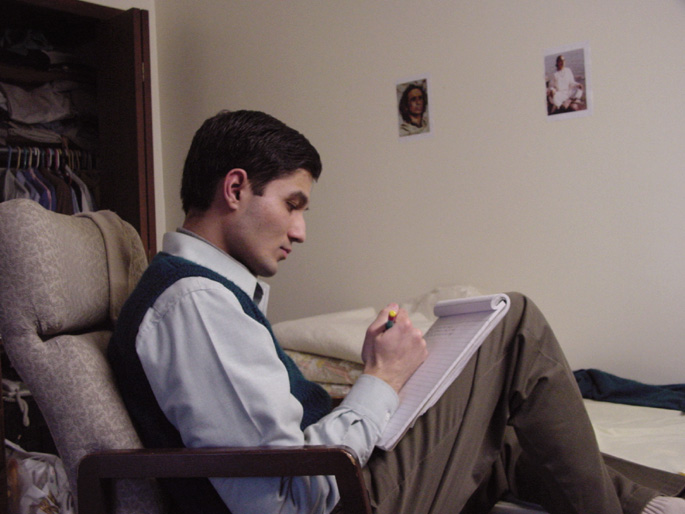 |
| Photo credit: gautamnguitar on Flickr |
But I’ve been trying this new thing lately.
I’ve often heard writers talk about writing the synopsis before they write a single word of the manuscript. While this is something that never sounded particularly appealing to me (after all, synopsis writing = the tenth circle of hell Dante forgot to mention), I figured I’d try it out for a potential future WIP.
While I’m not currently done with this brainstorming/synopsis experiment, and it is absolutely more than a page (which I think is fine, considering this is the time to expand on ideas to turn into a book, not condense them), I’ve noticed a couple interesting things along the way.
Firstly, it’s been working surprisingly well as far as idea-generation goes. I’m a very linear writer—I tend to build up scenes and come up with ideas by working off of what I already know has happened—so writing a condensed, summary version of what I think will happen chronologically has definitely helped me come up with how to get from point A to point B, which is something I tend to struggle with while plotting.
Secondly, it is way easier to notice potential plot problems or places where I could tweak and expand when working on this summarized version. It’s actually kind of exciting, because I can look at the synopsis I have going and add a couple sentences a few pages back and voila! NEW PLOT THREAD. This synopsis brainstorming thing makes it so much easier to see macro issues and weave new plot threads in before I start writing, which will hopefully make revising easier in the future. I think.
All in all, the pre-draft synopsis has been a really fun experiment, and one that I’ll probably continue and do again in the future. And maybe, just maybe, having this early synopsis will make future synopsis writing a teensie bit less painful. Hey, I can dream, right?
Have you ever tried writing the synopsis before the first draft?
Twitter-sized bites:
Writer @Ava_Jae blogs about the pre-draft synopsis and how it can help with plotting. #writingtip (Click to tweet)
Have you ever written a synopsis before the first draft? Here's why you may want to consider it. (Click to tweet)
